It's a perfectly adequate life
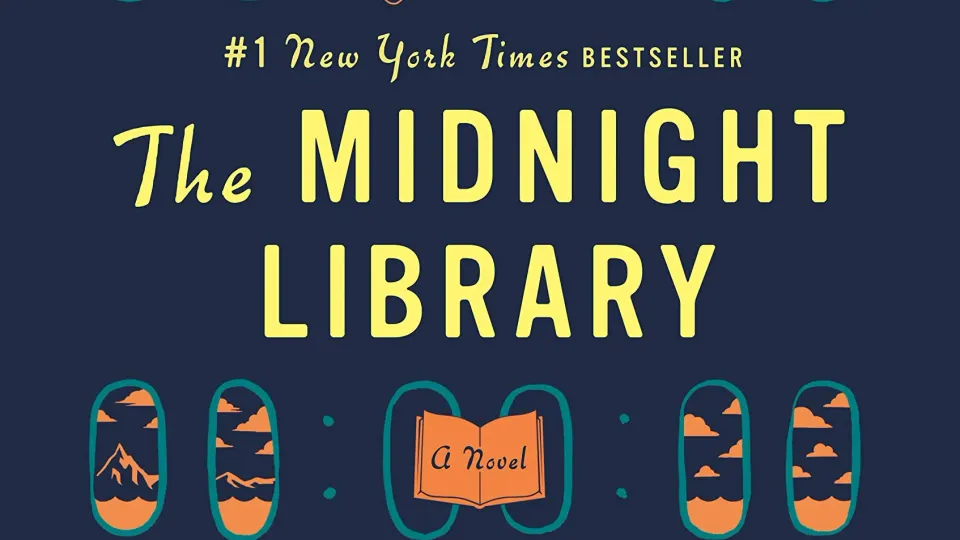
In Matt Haig's 2020 novel The Midnight Library, Nora Seed, having lost her cat, her job, and most of her opportunities at building a life she might actually enjoy, makes up her mind to take her own life.
Haig leaps from her self-destructive decision to the moment she wakes up in the titular library, which is a space between life and death where she can try on other lives she might have lived had she made a different decision or two along the way. As premises for novels go, it's not bad, though I think Haig's utilization of suicide as a plot device is... kind of gross. (Though he elides the actual scene where Nora makes her attempt, he does utilize a countdown to said attempt in the chapters preceding it, something I found remarkably ghoulish.)
The rules of the Midnight Library are rather simple. Nora can try on any other version of her life she wants, so long as it stems from choices she made and had control over. "I wish I had sat down next to someone different in first grade" is fair game; "I wish my dad hadn't died" is not. If she discovers a life she likes better than her old one, she can choose to stay there, and it will eventually come to feel so much like her life that her original life and the library itself will come to seem like half-remembered dreams. But at any moment, she might give up, more or less, and death will take her. It's all pretty vague, but in that way where it makes perfect sense at every moment.
But you've probably read a story about getting to try on another life for a while, whether via slipping into an alternate universe or by swapping bodies with someone or something similar. Therefore, you are probably going to see coming from a mile away the idea that Midnight Library will ultimately drop Nora back in her original life, ready to actually live it. And while I am not a fan of this book, I think Haig more or less does the work to make his ending make sense. I particularly like how in every single life she leads, Nora comes to realize she's still struggling with depression, no matter how rich or famous she is. Indeed, sometimes, the depression is worse if it feels like her circumstances should have "cured" it somehow.
But Haig takes a late-in-book turn toward It's a Wonderful Life land, where Nora's most promising alternate self realizes that because she was off living a bougie dream life, a whole bunch of people whose lives she touched in her original life have had their lives worsened without her presence. Even if she was deeply despondent back in that original life, she was still helping other people out merely by existing. (Then again: Wouldn't that be true of all Noras? Doesn't every new Nora the original Nora slips into touch dozens of lives? Aren't those people left slightly bereft when she leaves? Haig has answers to these questions, but they always felt like hand waves to me.)
It's interesting that Midnight Library ultimately decides to pull from Wonderful Life, because Wonderful Life is maybe the only property I've seen to really nail the "I'm no longer in my original life, and I desperately want to get back to it" storyline. And that's because Frank Capra's film doesn't underline just how much George Bailey realizes his original life was somehow preferable to a life where he just doesn't exist. He largely takes that issue off the table. Instead, he lets George see the ways in which every human being's existence ripples out and touches so many other existences. It's a story about community building and the ways in which we are all responsible for each other. The title is a misnomer. It's a wonderful life, sure, but only if you know how to give back to the people who help make it wonderful.
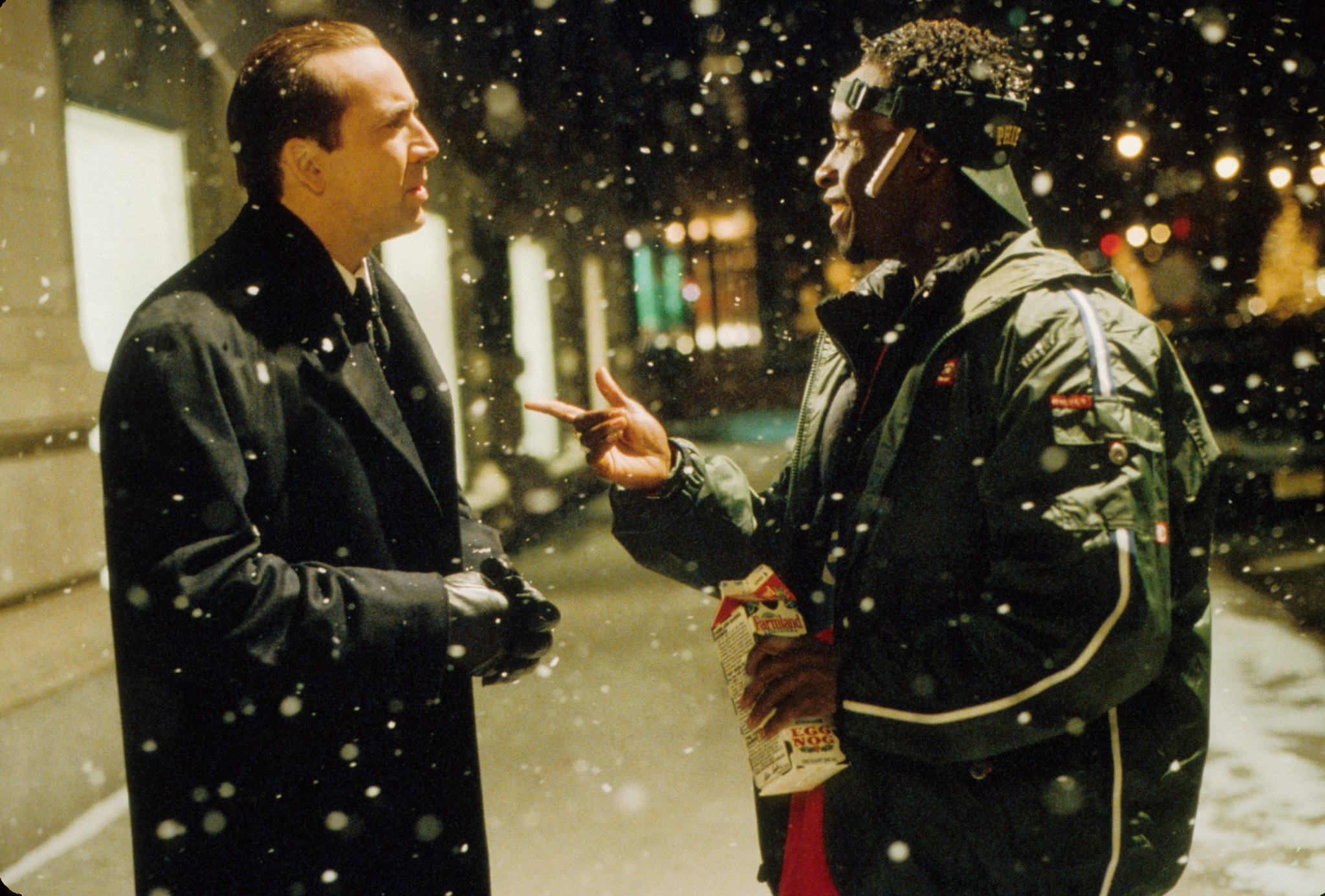
Most other stories in this broad genre of trying on another life for size are, instead, about the subtle promulgation of the status quo. A movie like Freaky Friday, say, is never going to end with mother and daughter remaining in each other's lives, and there are precious few parallel universe tales where a character gets to try on a different life, then opts to stay in it. (An arguable exception: 13 Going on 30, though I think the time travel aspect of that story complicates the genre-classification of it a bit.)
The majority of these stories, then, are about how the life you were originally living wasn't that bad, in the end. Indeed, maybe it was pretty good. You just lacked a proper lens to see that. Longing for something else is coded within these stories as subtly wrong. It's not immoral or unethical or anything. It's just not something you should do, probably. You have the life you have, and even if you're like Nicolas Cage in The Family Man, desperately longing to get back to the alternate universe you wound up in, the solution isn't to magic yourself back there but, rather, to try to make your "real" life more like the one you stopped off in for a bit. In so many of these stories, I'm reminded of the old Simpsons gag where the guys at the fortune cookie factory are out of "You will find happiness with a new love" cookies, so they open up a barrel full of "Stick with your wife." These stories about trying on other lives almost always want you to learn that it's best to "stick with your life."
As you can tell, I've consumed a lot of "trying on another life for size" media over the years. The obvious answer for that is that I'm trans, and I desperately wanted to find some way out of my own life and into one that fit me better. I even have a recurring feature at this very newsletter that looks at who I might be in some other corner of the multiverse, but as a friend put it to me once, the feature works because for as much as I long for her life, she also longs for mine. I've somehow tried to convince both myself and my cis recipe blogger doppelganger to stick with our lives.
And yet I know exactly the levers I would pull and the questions I would ask if I wound up in the Midnight Library. I have looked at every single body swap story I've ever seen and asked, "Well, did they really prefer their original lives?" I love my current life, but I, more than a lot of people who love their current lives, would probably roll the dice if some cosmic entity let me.
As part of a project Libby and I have been working on for a while, I suggested that the underlying assumption of the cis body swap narrative is that your original body is the one you must get back to, while the underlying assumption of the trans body swap narrative is that you probably will want to keep your new body. I don't think I need to explain why cis people and trans people approach this question differently, but it did lead me to think about what I almost find to be a... failure of imagination in books like The Midnight Library.
Why should we all be so content with the lives we were initially handed? I get that even by the rules of the Midnight Library, I can't suddenly wake up cis or 17 again or the tallest man in the world who is covered in solid gold. But I could try on a life where I started transition earlier, or where I fought harder as a child to get people to listen to me about the abuse happening to me, and I would be surprised if those lives weren't better in many ways.
"Be thankful for what you've got" is one of those moral ideas that underpins a lot of storytelling, across a wide variety of cultures. Indeed, one of the core stories we tell is some variation on "A character wants something, and in trying to get it, they lose something else they maybe valued more." I'm not going to say that's a bad core idea for story, because it isn't. Lots and lots of great stories have been written around that basic idea.
Yet I think as a premise, it perhaps lacks a kind of imagination. It's all well and good to say, "Hey, you don't realize how good your life is!" when you're a successful director or novelist. It's a lot harder to say that when the world seems stacked against you. Too often, these stories demonize longing, usually implicitly but sometimes explicitly. Yet asking people to confine their imaginations to what they already know is possible is profoundly limiting. What would happen to these stories if we accepted that sometimes the only way to find happiness is to change everything? Would that be threatening or freeing? Or would it be both?
Talk back to me: What are your favorite stories about someone trying on another life for size? Have you ever thought about how the Back to the Future trilogy attempts to satirize these ideas and just ends up seeming like Reagan era capitalism agitprop? Why is Robert Zemeckis so bad at letting people know when he's having a laugh? Discuss in comments!
What I've been up to: This past week, I wrote about how much I enjoy the Denzel Washington vehicle Roman J. Israel, Esq. and also wrote about how the fleet of anti-trans legislation and measures rolling out around the country isn't inspiring as much horror in cis allies as it maybe should.
To me, a trans woman whose gender was harshly policed for almost all of her childhood, the definition of parents affirming their trans kids as “abuse” is positively Orwellian — a literal manifestation of “war is peace.” The idea that children simply living their lives as themselves would be taken from families who loved and supported them and tossed into the foster care system (a potential outcome of the Texas measure) is a nightmare, and it’s being sold under the guise of protecting children.
What you missed if you're not a subscriber to Episodes: In the past couple of weeks, I finally met Ed over on Cowboy Bebop, Chris Diggins wrote about the joys of John Cena, and Deborah Blumenthal checked out the enduring appeal of Stephen Sondheim's Company.
Doyle’s success where Company revivals in the mid-90s had struggled stemmed from the way he teased out a secondary theme within the show that had always been there. Like all of Sondheim’s work, Company is about human connection — and people struggling to find it. Its secondary theme has always hinged on a more general isolation and disconnection in city life. In a world where technology was growing more and more ubiquitous and in a city where it was normal to ignore everyone around you, Doyle focused his production on that secondary theme and staged a Company capable of profoundly connecting with 2006 audiences. His production, at its heart, wasn’t really about marriage but about longing to connect. He staged a Company for its moment without changing a word.
Read me: I try not to recommend experimental novels in this space all that often, but Ducks, Newburyport by Lucy Ellman is already becoming one of my favorite novels. It is almost entirely made up of one sentence, a stream of consciousness monologue delivered by a frantic, anxious woman living in Ohio in 2017. It captures the feeling of doomscrolling just about as well as anything I have seen, and I will almost certainly write a newsletter about it whenever I finish it.
Watch me: I was pretty late in getting to this one, but I found The Mitchells vs. the Machines to be an absolute blast. The folks at Sony's animation division are finding ways to spice up computer animation with action and cartoon chaos that aren't always present in similar films from Disney/Pixar or Dreamworks. I also loved how this movie offered up some tired ideas (your family comes first, phones are bad!) then complicated them. All that and a queer woman as the lead character? Okay and a goofy looking pug? It's well worth watching, and as I write this, it hasn't yet lost the Oscar to Encanto, so hope springs eternal!
Also, it features this scene, which is extremely my shit:
And another thing... I really love the games of Possum Creek Games (who've made Sleepaway and Wanderhome, among others). They have their new crowd-funding campaign for Yazeba's Bed and Breakfast up and running, and I'm intrigued by the ways it seems to rethink the tabletop role-playing game for an era when gathering the same group over and over becomes more and more difficult with every year. But I'm also immensely skeptical of how... closed off it seems. Worth looking into, at any rate.
Opening credits sequence of the week: See, the premise of Filthy Rich is that two of the Designing Women and Deep Throat from The X-Files are, ahem, filthy rich.
A thing I had to look up: I mean, I had to read a whole novel for this newsletter, but I also spent way too long researching the film The Family Man, one of those movies that only I think about, I'm pretty sure.
This week's reading music: "Atlantic City" by Bruce Springsteen
Episodes is published twice per week. Mondays alternate between a free edition on various topics and a subscriber-supported edition where I recap TV shows of interest. Fridays offer pop culture thoughts from freelance writers. The Friday edition and the biweekly recaps are only available to subscribers. Suggest topics for future installments via email or on Twitter. Read more of my work at Vox.

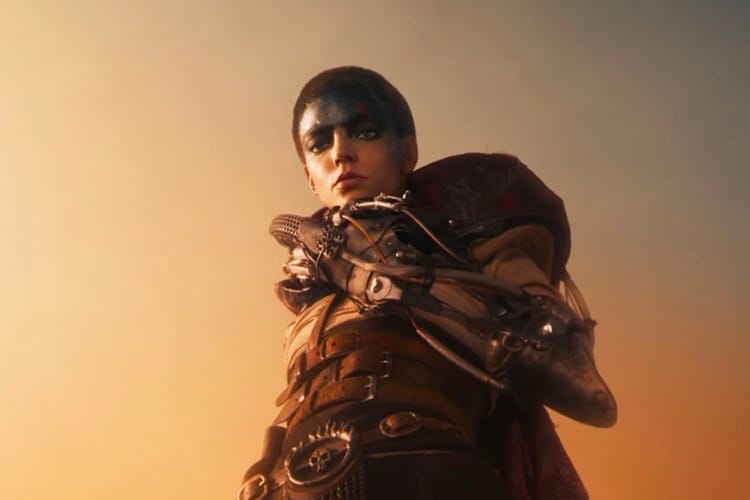
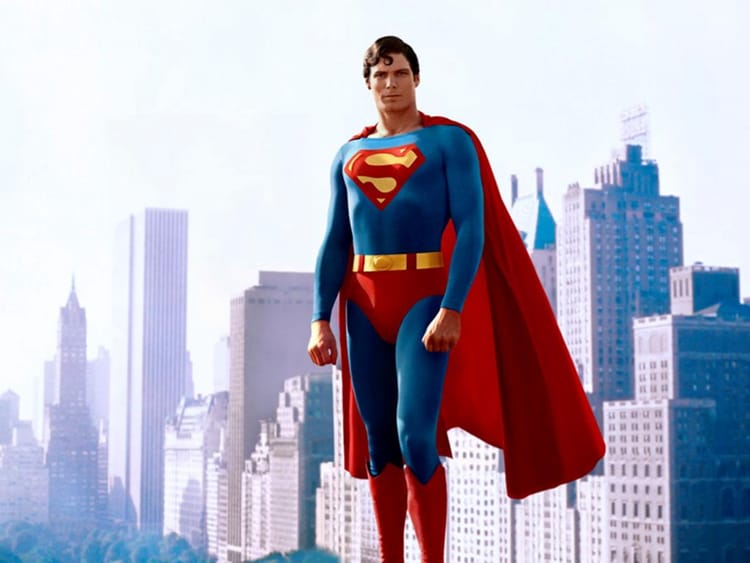

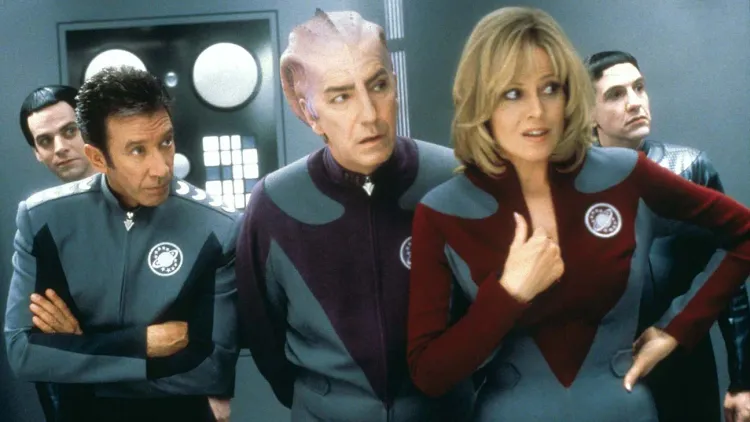
Member discussion